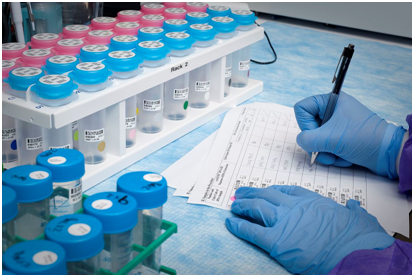An adaptive clinical trial looks examines a treatment by making observations of the participants’ outcomes whilst on a prescribed schedule. There is the ability to make modifications in line with the observations. They can deliver ethical benefits to the patient, accelerate the clinical development and reduce costs.

There are a number of parameters to check out before planning an adaptive clinical trial. All need to be adhered to.
Time
1. Have you got enough time from when the last patient was enrolled to when the interim observations for adaptation were made to justify an adaptive design?
2. If there is not enough time between the enrolment and interim observation, is there a biomarker or surrogate and would observations on these make the adaptation worthwhile?
Ethics
3. Do you have any reservations which would forbid the use of an adaptive design, and are all regulations being adhered to?
4. Will adaptive design have an effect on patients enrolling for the clinical trial? Make sure that communication between the multiple sites is running efficiently and that they are all working well together.

Drugs
5. Ensure that there is a sufficient supply of the necessary drug to provide for all eventualities.
6. With distance between the different enrolment sites, make sure that the drugs will reach their destinations under all circumstances.
Data
7. Will you be able to acquire and analyse the data swiftly enough to bring the trial to a speedy conclusion? Have resources been deployed to gain a timely assessment?
Resources
8. Do you have the necessary staff on hand to adequately compare the different design options and select the best study design? Are they able to understand the data collected and set up an adaptive trial? Would bridging studies from http://www.richmondpharmacology.com/specialist-services/bridging.php be required?
9. Is the necessary computer software, both trialled and validated, available for the trial design? Is it able to compare designs and share data?
10. To justify an adaptive design, we need to be sure there are going to be benefits to the quality of the data. Are you making savings on both time and resources, and are there sufficient improvements to the cost of the trial?
Based on all of the above information, you should be able to make an educated evaluation as to whether an adaptive clinical trial is warranted.



